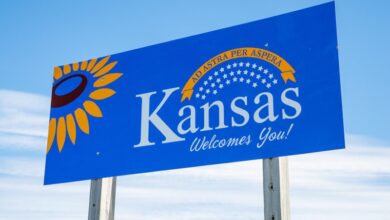KS Legislature finally comes to an ugly compromise on school funding
The Kansas House and Senate worked past midnight on Saturday to finally pass a school funding measure. The House mostly got their way, as the amount remained at the $500 million that was in their original bill, with only a couple of the Senate programs designed to improve academic performance of children added in.
The Senate leadership was obviously not happy with the bill, conservatives in particular. They didn’t like the large amount of funding, and didn’t get any traction on the constitutional amendment they wanted to limit the Supreme Court’s meddling in the school funding process. They also said the bill wouldn’t satisfy the plaintiff school districts’ particular concerns, and probably wouldn’t meet expectations of the Supreme Court.
Governor Jeff Colyer released the following statement:
“When I became governor, I called for all parties to come together and work to develop a response to the Supreme Court ruling in a way that ends the school finance litigation, prioritizes outcomes for students and keeps our schools open. Tonight, after months of robust debate, the legislature voted to send a bill to my desk that funds our schools and provides a response to the Supreme Court’s ruling. I am pleased that we were able to compromise and pass a bill that ensures our schools will remain open and are funded adequately and equitably. I appreciate the work the legislature and others have put in to get this done, and I look forward to continuing to work with them to serve the people of Kansas.”
Attorney General Derek Schmidt had been pressing lawmakers to pass a bill in time for to review it before an April 30 deadline. The state will now have to convince the Kansas Supreme Court that the plan provides adequate funding for public schools.
Some are now saying that the new funding bill cannot be implemented without another tax increase.
Dave Trabert, president of the Kansas Policy Institute, said a profile from the Kansas Legislative Research Department reveals legislators would need to ignore state statute in order to increase school funding by $500 million without a tax hike.
“The only way it works is if you don’t comply with state law and you transfer $1.2 billion out of the highway fund,” Trabert said.








